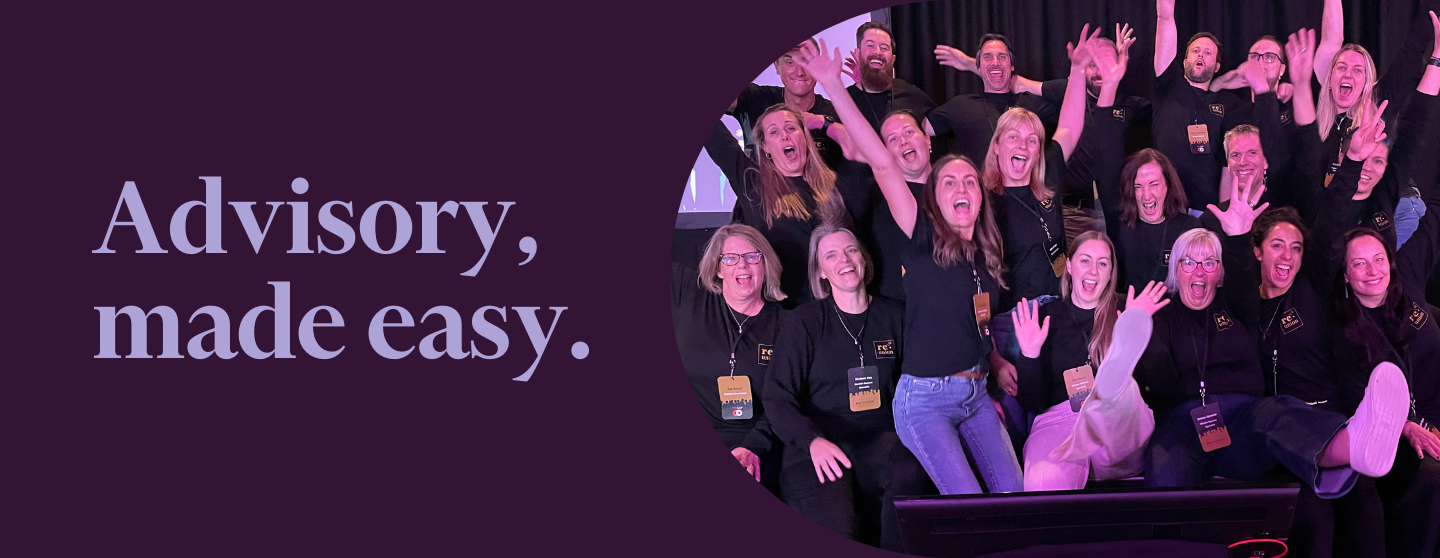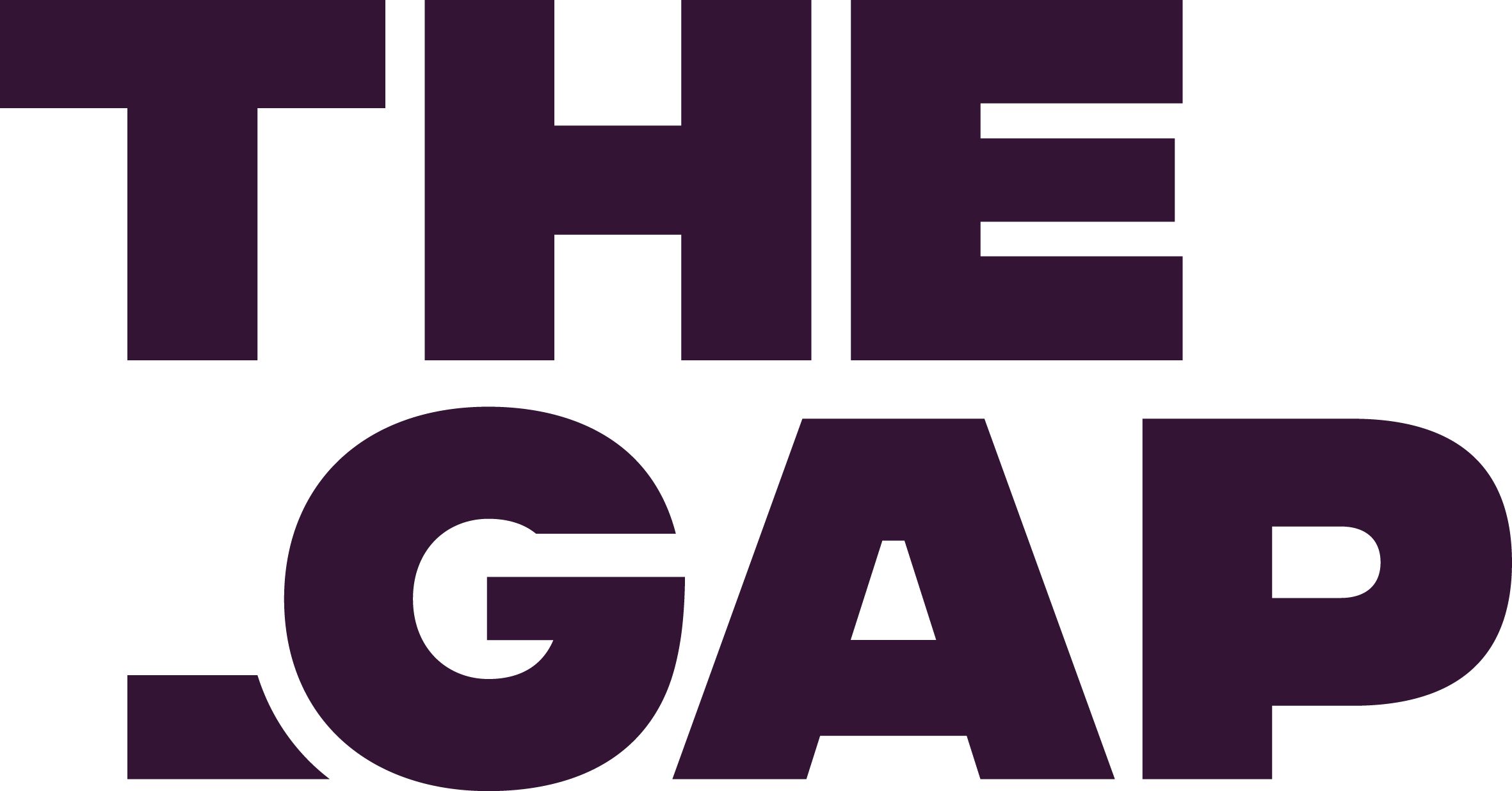

The Gap 2014 Ltd

Bay of Plenty Region, New Zealand
November 2023
Management consultant - for-profits
Service with Minor Environmental Footprint
Australia,
Canada,
New Zealand,
United Kingdom
The Gap is a complete business advisory platform for purpose-driven accountants. Small and medium-sized businesses the world over, want and need better support to achieve mind, time and money freedom. Created to help accountants, bookkeepers and advisors realise the full potential of their firm, The Gap is a software platform packed with resources to market, sell, and deliver simple, scalable advisory services. The Gap’s content-rich platform covers the advisory spectrum from start-up to succession planning. Value can be given (and extracted) at any stage of the accounting cycle - through improved compliance meetings or bespoke, forward-facing services like Business Planning. The Gap is trusted by over 500 accounting and bookkeeping firms in New Zealand, Australia, the United Kingdom, and beyond. Advisors learn how to deliver impactful advisory services via online and in-person education, supported by tons of lead-driving marketing collateral, The Gap’s Member Success team and The Gap Community. For accountants and bookkeepers, there’s more exciting and rewarding work to be done than just tax and compliance. The Gap’s tools help advisors support their clients to plan for a better business - so they can enjoy better cashflow and a better lifestyle.
Overall B Impact Score
Governance 18.3
Governance evaluates a company's overall mission, engagement around its social/environmental impact, ethics, and transparency. This section also evaluates the ability of a company to protect their mission and formally consider stakeholders in decision making through their corporate structure (e.g. benefit corporation) or corporate governing documents.
What is this? A company with an Impact Business Model is intentionally designed to create a specific positive outcome for one of its stakeholders - such as workers, community, environment, or customers.
Workers 26.9
Workers evaluates a company’s contributions to its employees’ financial security, health & safety, wellness, career development, and engagement & satisfaction. In addition, this section recognizes business models designed to benefit workers, such as companies that are at least 40% owned by non-executive employees and those that have workforce development programs to support individuals with barriers to employment.
Community 16.1
Community evaluates a company’s engagement with and impact on the communities in which it operates, hires from, and sources from. Topics include diversity, equity & inclusion, economic impact, civic engagement, charitable giving, and supply chain management. In addition, this section recognizes business models that are designed to address specific community-oriented problems, such as poverty alleviation through fair trade sourcing or distribution via microenterprises, producer cooperative models, locally focused economic development, and formal charitable giving commitments.
Environment 11.2
Environment evaluates a company’s overall environmental management practices as well as its impact on the air, climate, water, land, and biodiversity. This includes the direct impact of a company’s operations and, when applicable its supply chain and distribution channels. This section also recognizes companies with environmentally innovative production processes and those that sell products or services that have a positive environmental impact. Some examples might include products and services that create renewable energy, reduce consumption or waste, conserve land or wildlife, provide less toxic alternatives to the market, or educate people about environmental problems.
Customers 8.7
Customers evaluates a company’s stewardship of its customers through the quality of its products and services, ethical marketing, data privacy and security, and feedback channels. In addition, this section recognizes products or services that are designed to address a particular social problem for or through its customers, such as health or educational products, arts & media products, serving underserved customers/clients, and services that improve the social impact of other businesses or organizations.
What is this? A company with an Impact Business Model is intentionally designed to create a specific positive outcome for one of its stakeholders - such as workers, community, environment, or customers.